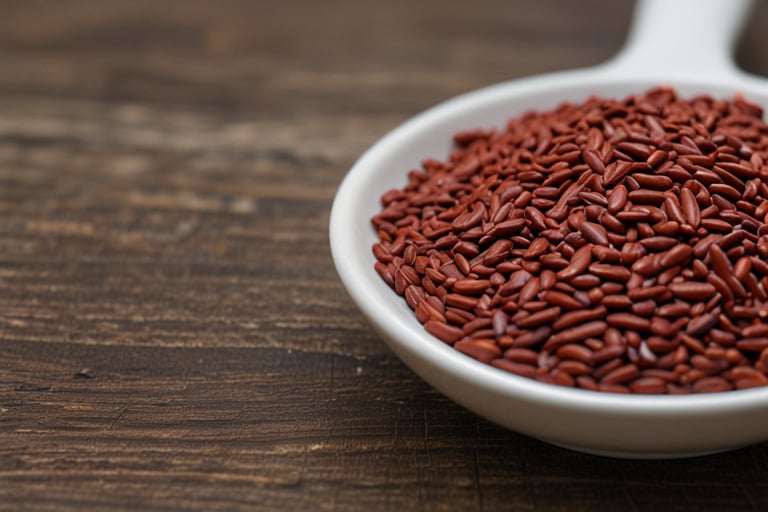Hi, I’m Dr. Rick Pumill, and today I want to talk about a topic that comes up almost every day in my practice: red yeast rice. It’s a popular supplement you’ve probably seen sitting on the shelf at your local pharmacy or health food store. People often ask me if it’s a safer, more “natural” alternative to statins for lowering cholesterol. It’s a fair question, but the answer isn’t as simple as it might seem. Let’s unpack it together.
First, let’s start with what red yeast rice is. This supplement is made by fermenting rice with a type of yeast called *Monascus purpureus*. It’s been used in traditional Chinese medicine for centuries, but more recently, it’s gained attention because it contains compounds called monacolins. One of these monacolins, Monacolin K, is chemically identical to lovastatin, a prescription medication that's part of the statin family. You might be thinking, “Great! I’m getting the same benefits in a natural package!” Unfortunately, it’s not that simple.
The problem with red yeast rice starts with consistency—or more accurately, the lack of it. Over-the-counter red yeast rice products often vary widely in the amount of Monacolin K they contain. Some may have very little, while others may have a lot. There’s no guarantee of how much active ingredient you’re actually getting with each dose, which makes it almost impossible to know whether it’s working—or if you’re overdoing it. A study published in the *European Journal of Preventive Cardiology* found that the Monacolin K content in different red yeast rice products varied up to sixtyfold (Li, H. et al., 2019). That kind of inconsistency can pose real risks.
Here’s another issue: red yeast rice isn’t risk-free just because it’s labeled “natural.” The side effects of red yeast rice can be similar to those of prescription statins, including muscle pain, liver problems, and even kidney complications in rare cases. A report from the *Mayo Clinic Proceedings* noted that some batches of red yeast rice have been found to contain citrinin, a toxin that can damage the kidneys (Heber, 2017). Plus, red yeast rice can interact with other medications, such as blood thinners, which can lead to dangerous complications.
Here’s the kicker: while prescription statins have undergone rigorous testing and been shown to lower cholesterol and reduce the risk of heart attacks and strokes, the same can’t be said for red yeast rice. There’s a big gap in the evidence. Sure, it may help reduce cholesterol levels in some cases, but no large-scale studies have shown that it reduces cardiovascular events like heart attacks or saves lives. And isn’t that the real goal when we’re talking about heart health?
At Cross County Cardiology, my team and I take a science-backed, individualized approach to every patient. If managing high cholesterol is a priority for you, we’ll sit down together, review your goals, and come up with a plan that’s based not only on lowering numbers but also on reducing your risk of heart attack or stroke. That often means using treatments that are proven, consistent, and safe. While lifestyle changes like diet and exercise form the foundation of heart health, medications like statins have decades of solid research behind them. Generic options are widely available and affordable—they’ve been around for more than 20 years for a reason. They’re effective and well-studied.
Now, I understand the appeal of red yeast rice. It’s marketed as “natural,” and who doesn’t want to avoid taking more medication than they absolutely have to? But when it comes to your heart, it’s important to focus on what works and what’s safe. Your health is too valuable to gamble on a supplement with an inconsistent track record.
High cholesterol can feel daunting, but it’s manageable. If you’re someone who’s been considering red yeast rice as an option, I encourage you to come in and talk with our team. Together, we can explore all your options, weighing the risks and benefits to find the right solution—one that keeps you not just healthy but living fully and confidently.
Your heart deserves personalized care and proven solutions. And that’s exactly what we’re here to provide.



